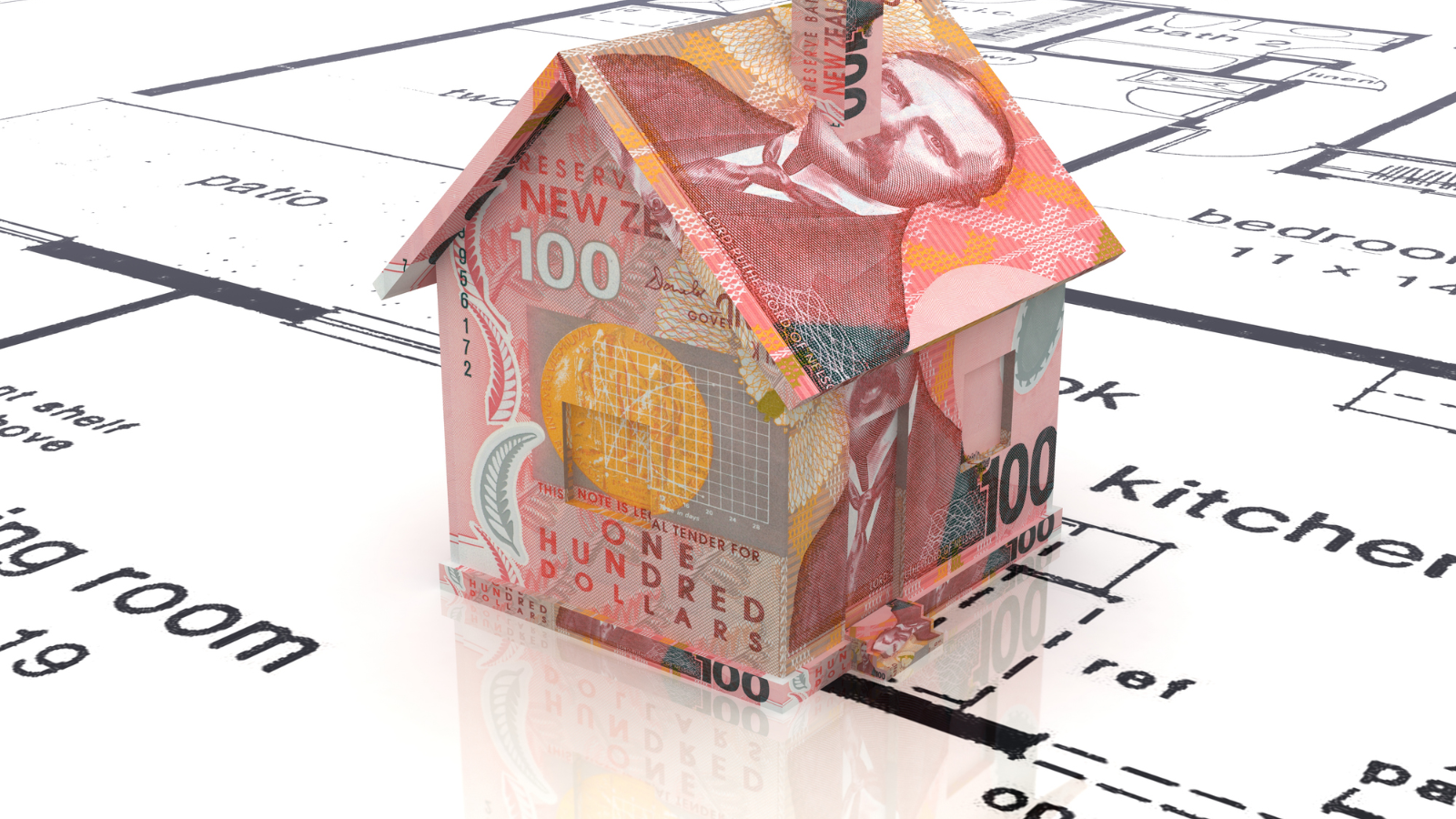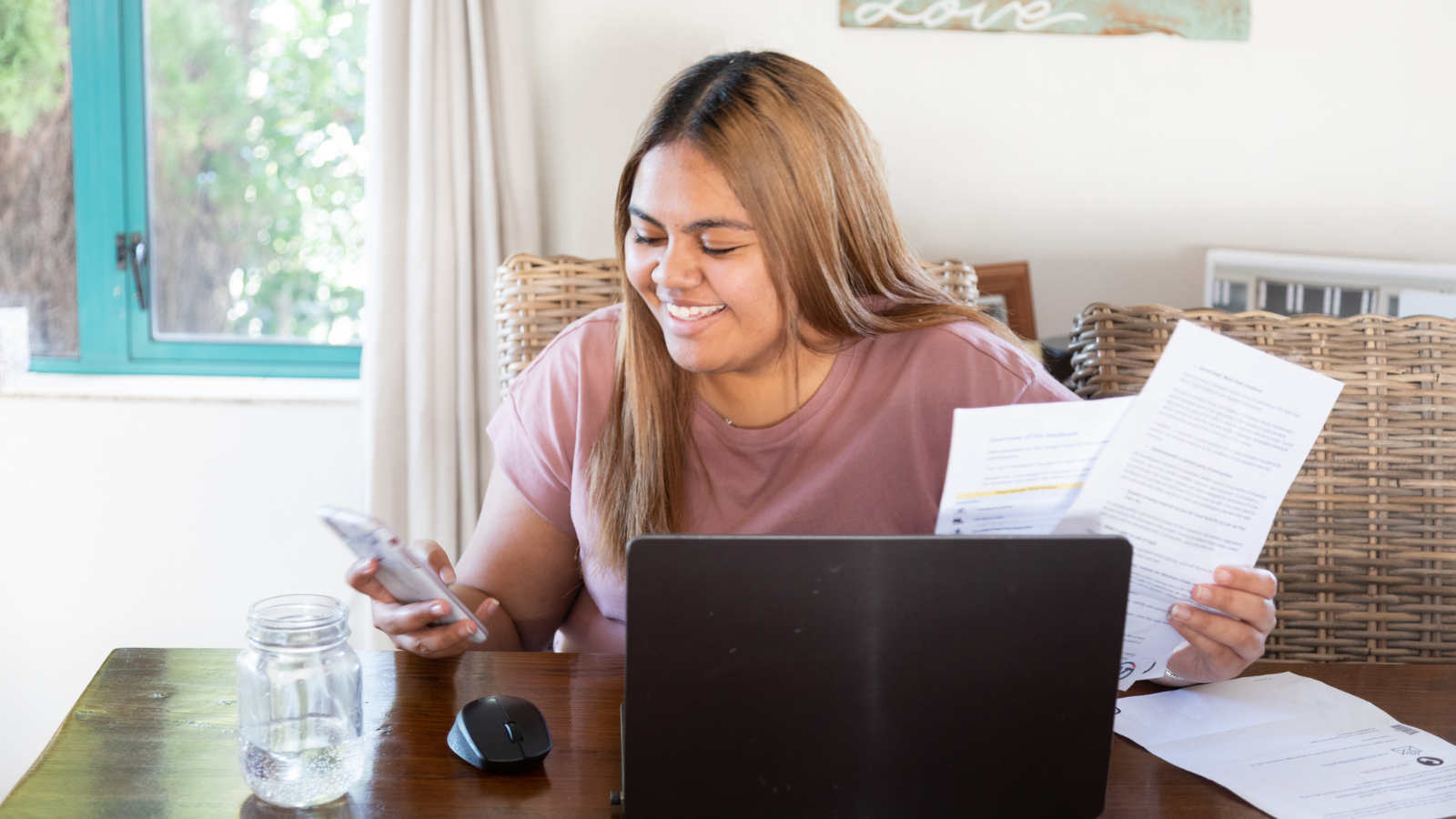Buying guide
Guide: using equity to buy a second property, renovate, or invest
Do you know how much equity you have?

Did you know as a home owner you might be able to buy a second home in NZ or renovate without putting any money down? That is, if you have enough equity.
To help you understand the potential of the equity in your home we’ve put together a quick guide.
How much equity is in my house?
Equity = House market value - Home loan amount
Think of equity as the bit of your home you don’t owe the bank for. Working it out is easy – just take your home’s market value and minus your total home loan amount (see equation above). To figure out how much your home might be worth you can either:
Get a quick online estimate at Homes.co.nz.
Get a real estate appraisal.
Ask your mortgage broker or lender (they usually have their own online estimate that they can share).
Get a professional valuation. This might cost you around $800 – $1,200.
Find out more about how to figure out what your home’s worth.
It’s good to know how much equity you’ve got, but what’s more interesting is how much equity you can use. This amount is aptly named ‘usable equity’.
Useable equity = Equity - 20% of home value
In most cases, due to LVR restrictions, you need to hold a minimum of 20% equity in your home at all times, and 30% if you’re an investor (there are some exceptions to this rule, but in general, it’s best to work under these assumptions).
That means you can borrow against any equity you hold, over and above 20%.
For example, if you had a home worth $1 million and a $700,000 loan, you’d have $300,000 equity and the useable equity equation would look like this:
Useable equity = $300,000 - $200,000
So useable equity = $100,000
Think of usable equity as extra borrowing (secured against your property) available should you want it.
If you've owned your house for a while you might be surprised what you can borrow.
Can you use equity as a house deposit?
Yes, you can use equity as a deposit to buy a second property in most cases. This is a great way to buy an investment property or bach, because if you have enough equity, you won’t need to put any cash down at all.
Keep in mind, LVR rules apply for second houses, baches, and investment properties too. You’ll generally need a 20% deposit to buy a new build, whether it’s an investment or a home, 20% to buy an existing build as your home, and 30% to buy an existing build if it’s an investment.
Note: if you don’t have enough cash or equity to buy a second home it’s still worth a try and you may be able to buy with a smaller deposit. Your best bet is to speak to a mortgage broker, as they’ll be able to tell you what’s possible and connect you with the right lenders.
What else can I do with my equity?
You can do anything you want with your equity in most cases (as long as it's legal and within reason). But again, it’s important to remember that unlocking equity is another way to say increasing your borrowing.
Before you do, make sure you can afford the increased repayments. It’s also better to put the money into investments or assets that will appreciate if you can (since you’ll be paying interest).
Building a home
If you plan to build a new home, one way to finance the property without selling your existing home, could be to unlock equity. Doing this could potentially enable you to start and finish the build, while staying in your current home, if you can afford to service two loans.
Ask your lender about what’s possible – you may need a bridging loan to make it work.
Helping your kids buy a home
Most Kiwi parents don’t have the cash to give their kids a deposit outright in cash, but most parents do have some equity. Unlocking that equity is a great way to provide a cash house deposit for the younger generation.
It may even be possible to build a new home using equity from your existing home.
Renovating or extending
If your home needs a little work, you could borrow against your equity to fund the renovations. If you do it right, renovating could add value to your home and increase your overall equity – just be sure your renovations don’t cost more than the value they add.
Getting cash out
You don’t need to use your borrowing to fund property related projects. In fact, you can use it for almost anything you’d like, as long as the lender approves. You could use it to invest in your business, buy a business, buy a caravan or a boat, a new vehicle, or go travelling.
With that said, you should always use caution. Most financial advisors will tell you that you should only ever borrow to buy appreciating assets that may make you money, like investment properties, renovations, or businesses. We strongly encourage you to think twice about financing other items, and to speak to a financial adviser before you increase your borrowing for any reason.
How to get started
If you want to use your house equity as a deposit, to renovate or make other purchases here’s what you’ll need to do:
Think carefully about whether there are other options (like using cash on hand or savings). Using equity as a house deposit or to fund renovations can greatly increase your debt, and your repayments will increase.
Speak to a mortgage broker or lender and tell them what you want to do.
You’ll need to submit an application. Read more about getting a mortgage.
Once your application has been accepted your bank may impose conditions on your new loan. For example, if you’re renovating, they may require a valuation before and after your renovation.
In most cases your lender will eventually pay your equity to you in cash over time or in a lump sum – lots of people get a big surprise when tens or hundreds of thousands of dollars suddenly appear in their accounts.
DISCLAIMER: The information contained in this article is general in nature. While facts have been checked, the article does not constitute an advice service. The article is only intended to provide general information about using equity and mortgages in New Zealand. Nothing in this article constitutes a recommendation that any service or financial product is suitable for any specific person. We cannot assess anything about your personal circumstances, your finances, or your goals and objectives, all of which are unique to you. Before making decisions, we highly recommend you seek professional advice.
Author
Other articles you might like









